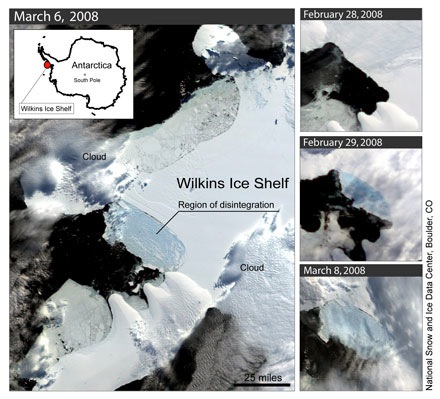 Some notes from Saturday’s conference. God may not have been at the conference table, but there was Swamiji, who is certainly revered amongst his followers. My presentation [PDF here: warning – 7MB] followed two Nobel prizewinners – David Wratt (NZ’s representative on the IPCC, who covered the basic AR4 findings) and Pene Lefale (lead author of the WG2 chapter on impacts in the Pacific). Pene’s talk was fascinating, based on a paper he’s preparing on what he’s called the “perfect political problem” – reconciling the differences between developed and developing countries views on how to approach climate change. All the other speakers were good, but it was Andrew West, CEO of AgResearch who made – for me – the most telling comments. Drawing on his background as an ecologist, he looked at the big issue – coping with 9 billion people. Not all of them will be able to eat a meat-rich diet… Andrew shares my enthusiasm for topoclimate studies as a means of adapting to climate change. Are you reading this MfE? Time for a full topoclimate survey of NZ…
Some notes from Saturday’s conference. God may not have been at the conference table, but there was Swamiji, who is certainly revered amongst his followers. My presentation [PDF here: warning – 7MB] followed two Nobel prizewinners – David Wratt (NZ’s representative on the IPCC, who covered the basic AR4 findings) and Pene Lefale (lead author of the WG2 chapter on impacts in the Pacific). Pene’s talk was fascinating, based on a paper he’s preparing on what he’s called the “perfect political problem” – reconciling the differences between developed and developing countries views on how to approach climate change. All the other speakers were good, but it was Andrew West, CEO of AgResearch who made – for me – the most telling comments. Drawing on his background as an ecologist, he looked at the big issue – coping with 9 billion people. Not all of them will be able to eat a meat-rich diet… Andrew shares my enthusiasm for topoclimate studies as a means of adapting to climate change. Are you reading this MfE? Time for a full topoclimate survey of NZ…
Notes on my talk below the fold…
Continue reading “There will never be any peace (until God is seated at the conference table)”




 In
In